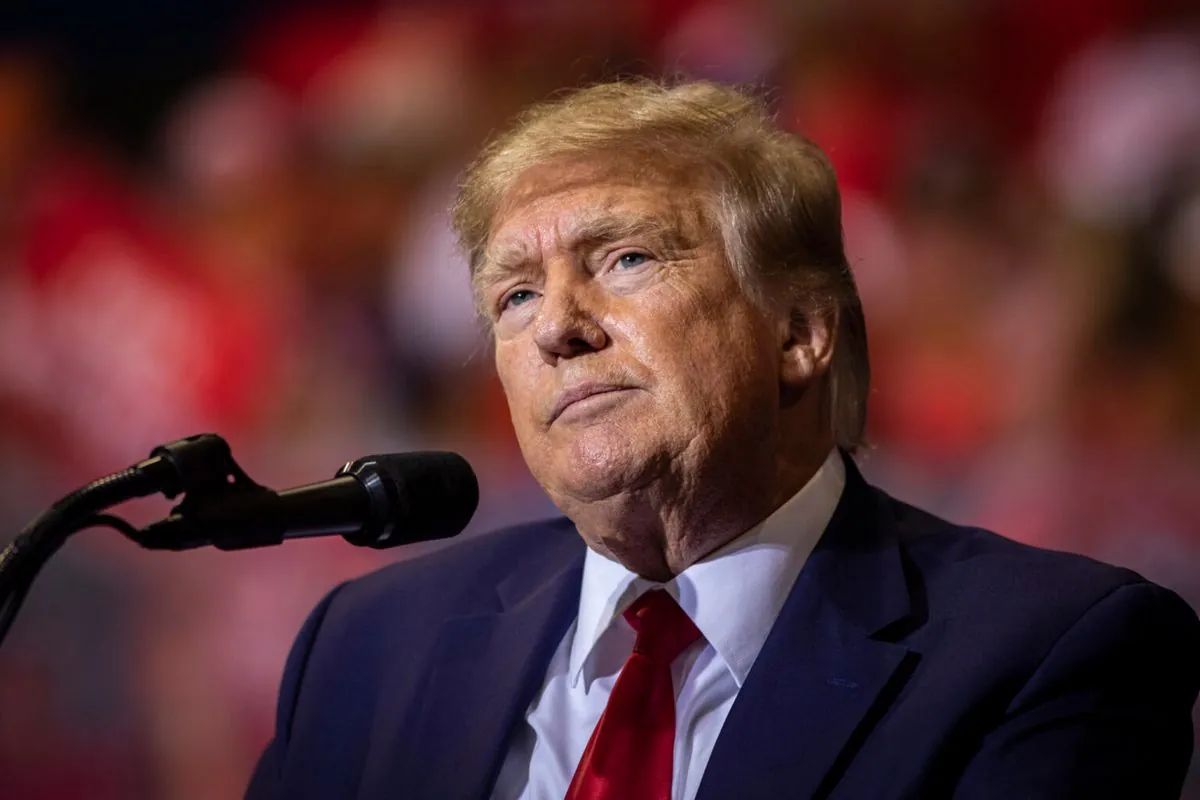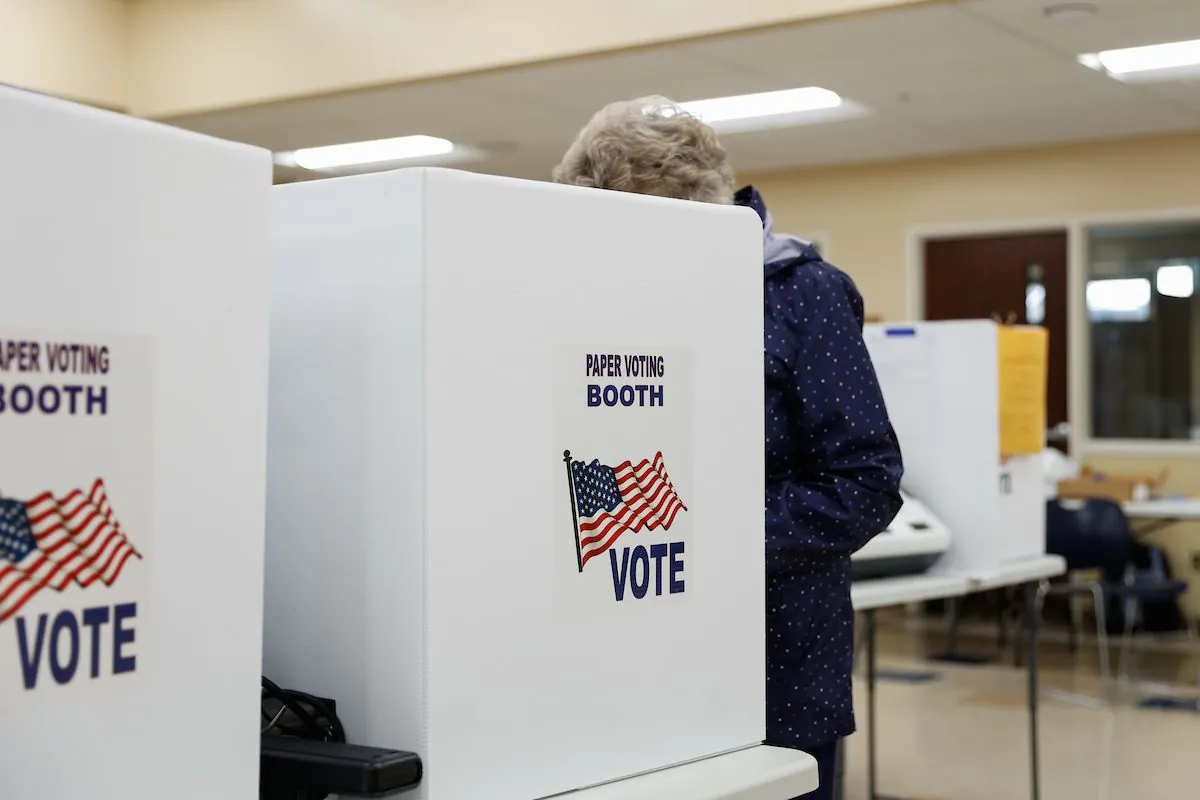Trump's Abortion Legacy: State-Level Battles and Ballot Measure Hurdles
Former President Trump's role in overturning Roe v. Wade has led to state-level conflicts over abortion rights. Republican officials are using administrative tactics to obstruct pro-choice ballot measures.

Donald Trump's legacy on abortion rights continues to shape political landscapes across the United States. As the architect of the Supreme Court's conservative majority that overturned Roe v. Wade, Trump now faces scrutiny over his role in reshaping abortion access in America.
In a recent interview, Trump attempted to justify his actions by framing the issue as a matter of states' rights. He stated, "What we're doing is bringing it back to the states where everybody wanted it." However, this claim is inaccurate, as many Democrats and liberals did not advocate for the reversal of federal protections for abortion access.
The aftermath of the Roe v. Wade reversal has led to a series of state-level conflicts over abortion rights. In Michigan, Republican members of the Board of State Canvassers initially blocked a constitutional amendment protecting abortion access due to spacing issues in the ballot language. The state Supreme Court eventually allowed the measure to proceed.
Ohio faced similar challenges when the Republican secretary of state attempted to present biased language for a proposed abortion protection amendment. Additionally, the Republican-majority legislature created a special election aimed at making constitutional amendments more difficult to pass.

Missouri's Secretary of State, Jay Ashcroft, recently decertified a measure intended for the upcoming November 2024 election that would overturn the state's abortion ban. The stated reason was a lack of specificity in the petition language, despite similar measures having passed previously without such requirements.
In Florida, where Trump resides, a state agency has created a website opposing a proposed abortion rights amendment. Law enforcement has contacted petition signers, ostensibly to uncover fraud but potentially to discourage support for the measure.
Arizona saw a judge reject Republican legislators' proposal to use the phrase "unborn human being" in voter information materials about an abortion rights initiative. Conversely, in Arkansas, the state Supreme Court upheld the rejection of petitions supporting an abortion rights amendment due to a technicality regarding paid signature gatherers.
These administrative obstacles echo historical voter suppression tactics, reminiscent of Jim Crow-era literacy tests. The use of bureaucratic power to prevent citizens from voting on abortion rights demonstrates the complex challenges facing reproductive rights advocates in a post-Roe landscape.
"Democrats, Republicans, liberals, conservatives, everybody wanted abortion brought back. They didn't want Roe v. Wade in the federal government. They wanted it — everybody wanted it back."
As the 2024 presidential election approaches, the issue of abortion rights remains at the forefront of American politics. The success of pro-choice measures in seven electoral tests since Roe's overturn suggests strong public support for abortion access. However, the ongoing efforts to obstruct these initiatives highlight the intense political battle surrounding reproductive rights in the United States.


































